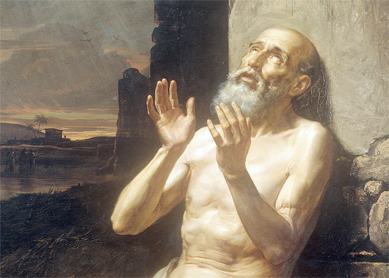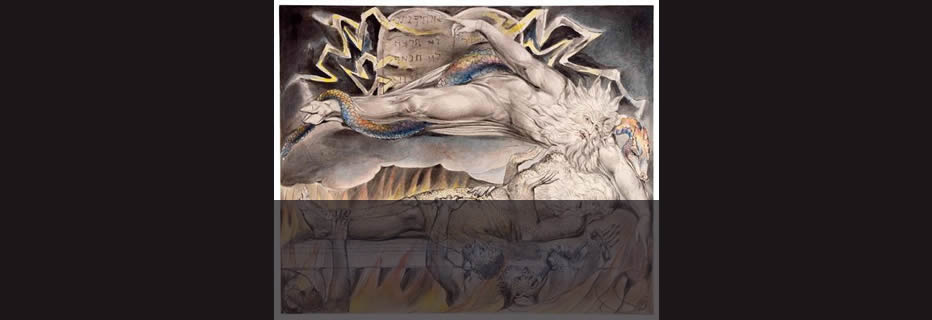For at least a century and a half, the Wisdom books of the Bible have perplexed biblical scholars. In their search for the one idea that unites the whole Bible, some suggested “covenant,” others “law and grace”—but whichever one they chose, the Wisdom books did not fit. Then, in the early 1960s, some scholars suggested that the Wisdom Literature of the Bible had its own unique voice and theology.
The Wisdom books in the Bible, in their probable order of writing, are Proverbs, Job, Ecclesiastes (also called Qohelet), Ben Sira (also called Sirach or Ecclesiasticus), and the Wisdom of Solomon. The first three are included in Jewish and Protestant Bibles. The Septuagint and the Bibles of the Eastern Churches and the Roman Catholic Church include all five books.
These books were probably written by sages, what we might call “the Israelite intelligentsia.” Scholars debate whether there was a group of sages, as distinct from (for instance) prophets or priests, or a general intellectual movement among the Israelite elite but no distinct group. The sages also served as diplomats, palace bureaucrats, counselors, advisors to the king, educators, and scientists. The sages wrote and edited the Wisdom books over the course of almost a thousand years.
Scholars identify three different types of wisdom that run through all five Wisdom books:
• Village wisdom/folk wisdom characterized by short, pithy statements, with examples drawn from nature and framed as instruction from parents to their children, as in
Prov 20:4 .
•
Royal wisdom from one of the Israelite capitals, instructing junior bureaucrats on the intricacies and treachery of palace politics, as in Prov 23:1-3 .
• Theological wisdom of deep reflection on the most controversial of theological topics, such as: Is there a God? If there is a God, why do such awful things happen? (
Eccl 3:19-21 )
The sages had two sources of information about life: the natural world and their Wisdom tradition. Unlike prophets and priests, the sages believed that God wove important principles into the fabric of the universe, which careful observation could discern. For example, many sages believed in a balanced universe in which the good are rewarded for their goodness and the evil are punished. These two sources were in tension at times; human experience showed that sometimes good people suffer and evil people sleep peacefully. The sages agonized over the contradictions in their system and took different sides in their debates.
In the book of Proverbs, we can see a great Wisdom debate about whether God could be trusted in the governance of the world and whether God was predictable or unpredictable. Most of the authors of Proverbs said that yes, God could be trusted. But the sages understood this confidence differently. Some argued that a careful practice of Wisdom principles (honest speech, hard work, marital faithfulness) would lead to a happy, prosperous life. Others argued that although God’s governance of the world is flawless, humans can never be sure of God’s action: even if you followed the right path, bad things could still happen to you (
The sages believed that things happen for reasons and that humans are able to figure out the workings of the universe. The prophets, in contrast, believed that God gives divine knowledge to select humans thorough dreams, visions, ecstasy, and divine appearance. Yet some of the sages felt outrage because their expectation was that the universe should make sense, but in their experience it did not. So these sages challenged the rationality of their universe and even the justice of God.
Bibliography
- Crenshaw, James. “Wisdom Literature.” Pages 962–65 in Mercer Dictionary of the Bible. Edited by Watson E. Mills. Macon: Mercer University Press, 1992.
- Penchansky, David. Understanding Wisdom Literature: Conflict and Dissonance in the Hebrew Text. Grand Rapids, MI: Eerdmans, 2012.
- Murphy, Roland. The Tree of Life: An Exploration of Biblical Wisdom Literature. Grand Rapids, MI: Eerdmans, 2002.




